The death of Ion Iliescu definitively closes an essential and deeply controversial chapter in Romania's recent history: the post-communist transition, says political analyst Cristian Pirvulescu, emphasizing that the questions raised by Iliescu's presence in our contemporaneity remain more relevant than ever.
"A former communist leader converted into a guarantor of a controlled transition to a hybrid regime, Iliescu was the man at the center of power at the time of the fall of the Ceausescu regime and remained a dominant figure in Romanian politics for a decade and a half," Pirvulescu told AGERPRES on Tuesday.
According to the political pundit, Iliescu is seen differently by various segments of the population.
"For some, Ion Iliescu was the 'Savior' who ensured a peaceful transition to democracy in a period when chaos, violence and the dissolution of the state seemed real risks. For others, Iliescu remains the symbol of a hijacked revolution, of the miners' rampages, of the restoration of the old political police and communist elites in a 'democratic' form and of the long-drawn delay of the profound reforms that could have repositioned Romania much earlier on the Western path," stressed Pirvulescu.
He showed that the public personality of Romania's first post-Revolution president was always divided between the image of a rational, calm, almost passionless politician, and the reality of decisions that produced social traumas and consolidated a cronyism-based power system.
"Ion Iliescu's legacy is not simple: he was a man of compromises, of unstable balances, of a 'rule of law' in which justice was often suspended. And the lack of a clear and definitive trial for the crimes of the Revolution and the Miners' Rampages remains as a heavy stain on his historical biography," the analyst argues.
According to Pirvulescu, with Ion Iliescu's death, "the founding era of post-communist Romania closes not only symbolically, but historically too".
"Iliescu's time - and that of the illusions centered on an 'original democracy' - has ended. From now on, what remains are the archives, the documents, the historians and - above all - the responsibility of the generations who must judge the facts, not the myths. Ion Iliescu is no more, but the questions raised by his presence in our recent history remain more topical than ever," the analyst concluded.
Former President Ion Iliescu died on Tuesday at the age of 95. He had been hospitalized since early June at the 'Prof. Dr. Agrippa Ionescu' Emergency Clinical Hospital, having been diagnosed with lung cancer.
Political analyst Pirvulescu:Ion Iliescu's death definitively closes a deeply controversial chapter in Romania's recent history
Articole Similare

4
Local companies need stable conditions to invest and create quality jobs (employers' confederation)
4
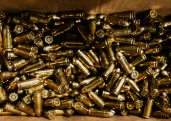
5
Prosecutors, police conducts searches in a case unlawful possession of firearms and ammunnition
5
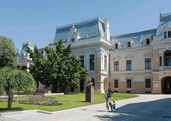
11
Iasi City Hall to modernise central public transport on European funding worth 78 million euro
11

10
Romanians top pizza orders in South-Eastern Europe in 2025 (analysis)
10

14
Code Yellow warnings for frost, strong wind and blizzard in 12 counties until Tuesday evening
14
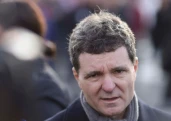
10
President Dan congratulates Portugal's president-elect Seguro: Our countries share a tight friendship
10
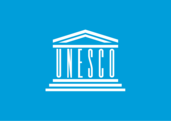
6
Maramures County Council to support investments, rehabilitate UNESCO World Heritage wooden churches
6
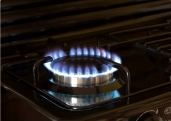
10
Effects of administrative gas prices risk reaching 'the consumer's plates' in 2026 (org)
10

12
BVB a deschis în creştere şedinţa de tranzacţionare de luni
12
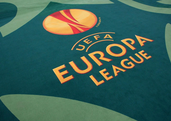
7
Romanian Football Federation submits candidacy to host Europa League 2028 or 2029 final
7

7
Trade deficit down by 673M euros to 32.7B euros in 2025
7

11
ForMin Toiu to pay working visit to London Monday through Tuesday
11

6
Senate to debate simple motion against Government's handling of EU-Mercosur Agreement on Monday
6

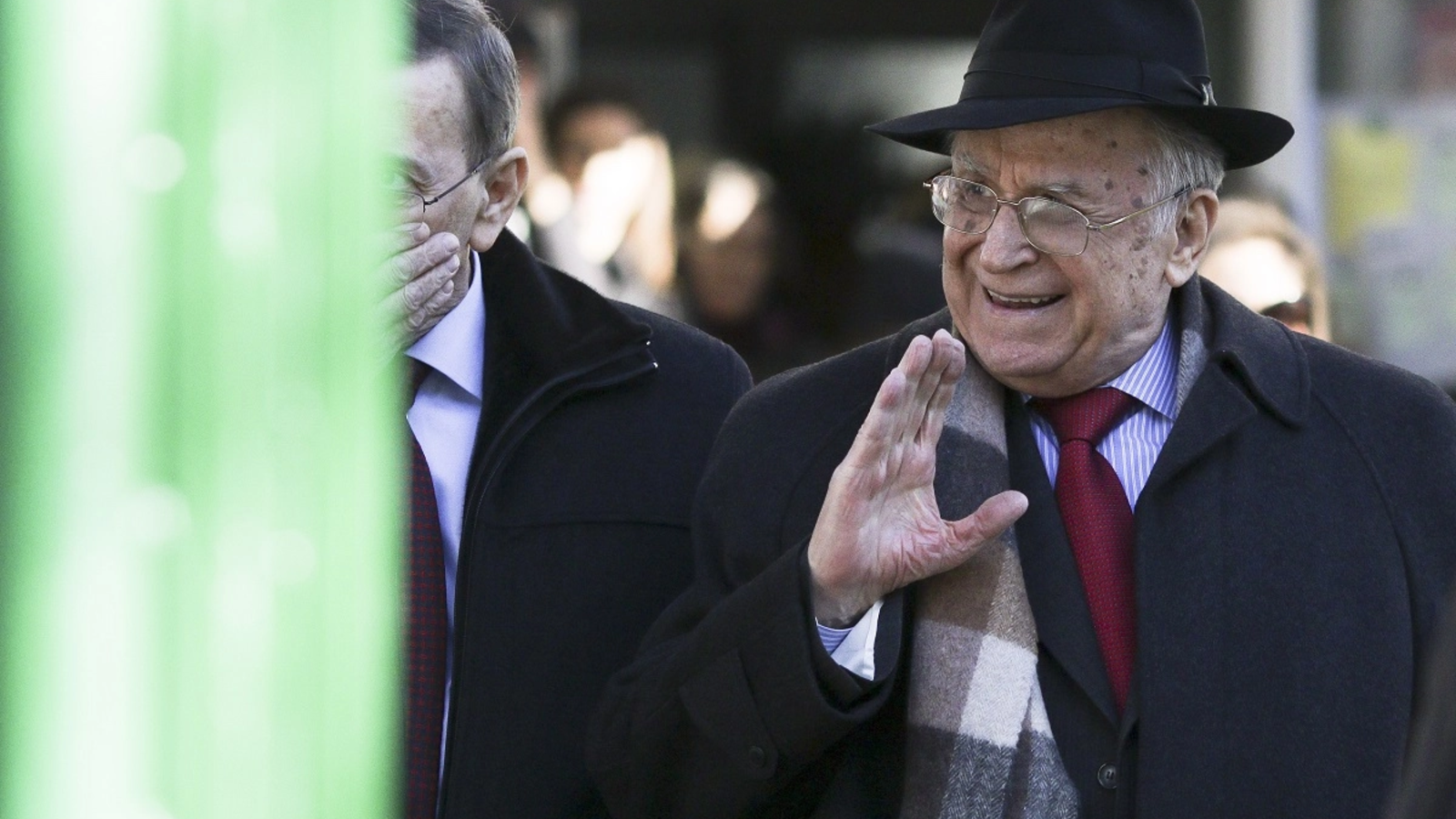


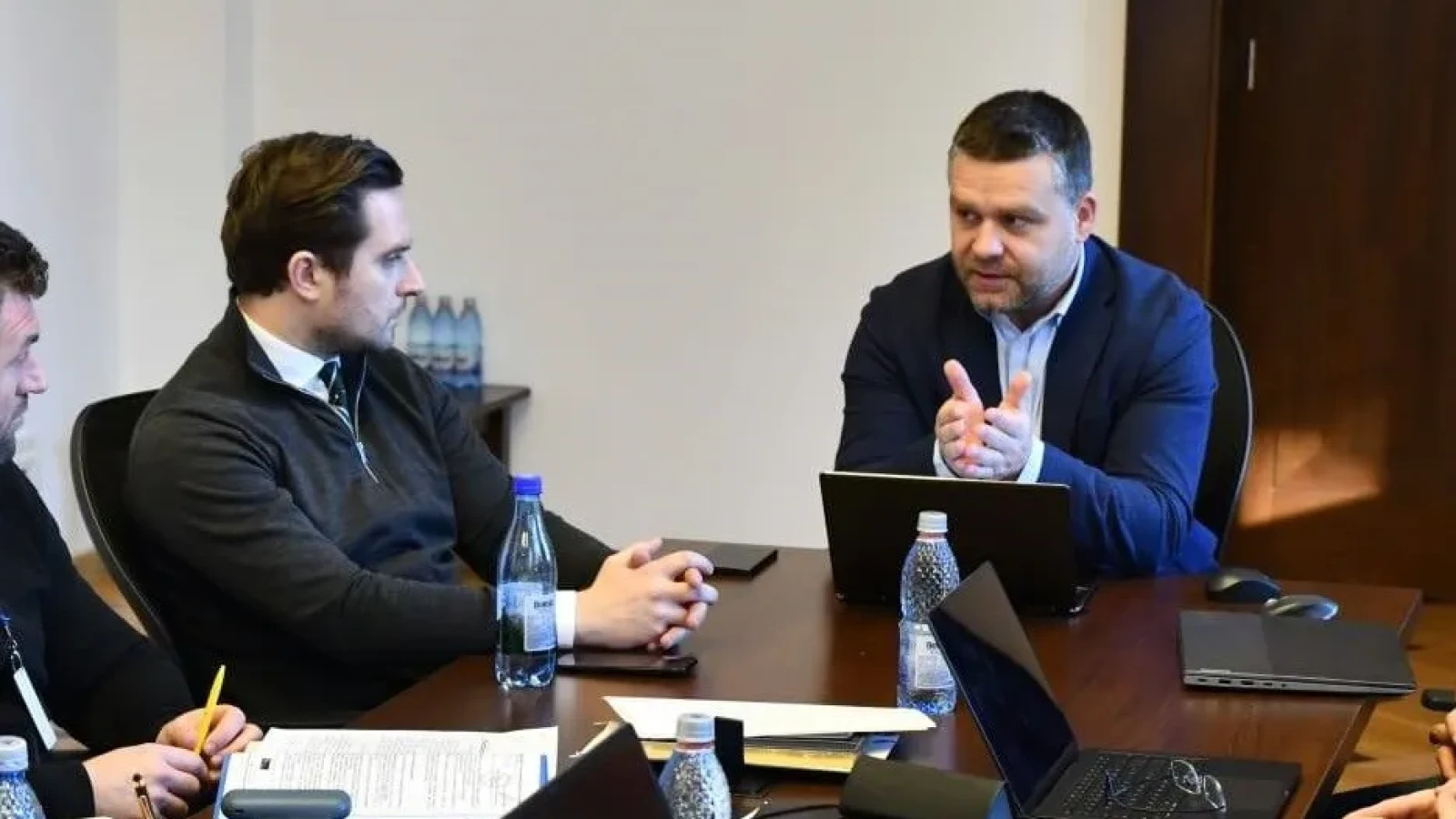


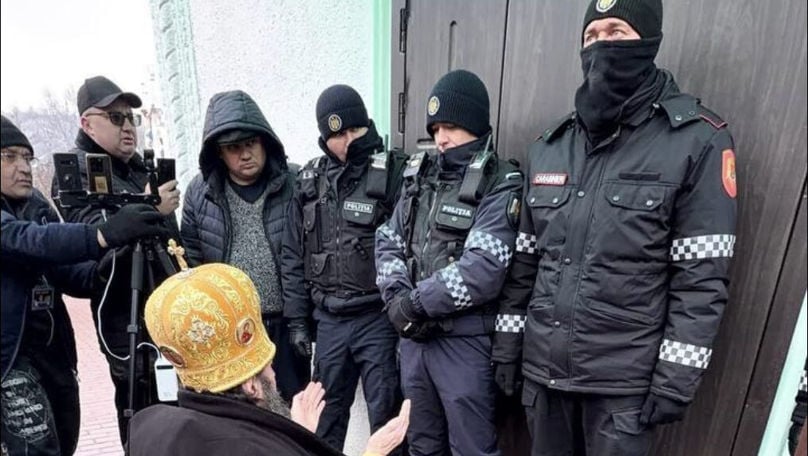

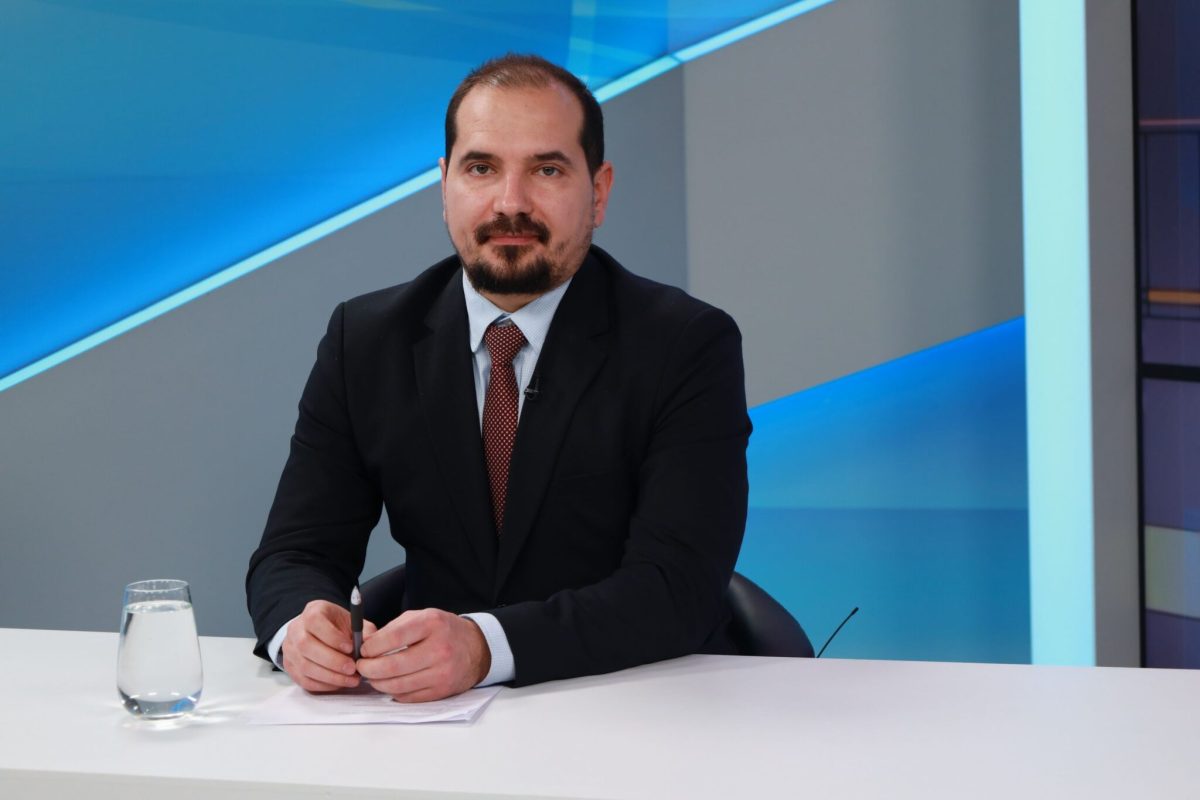









Comentează